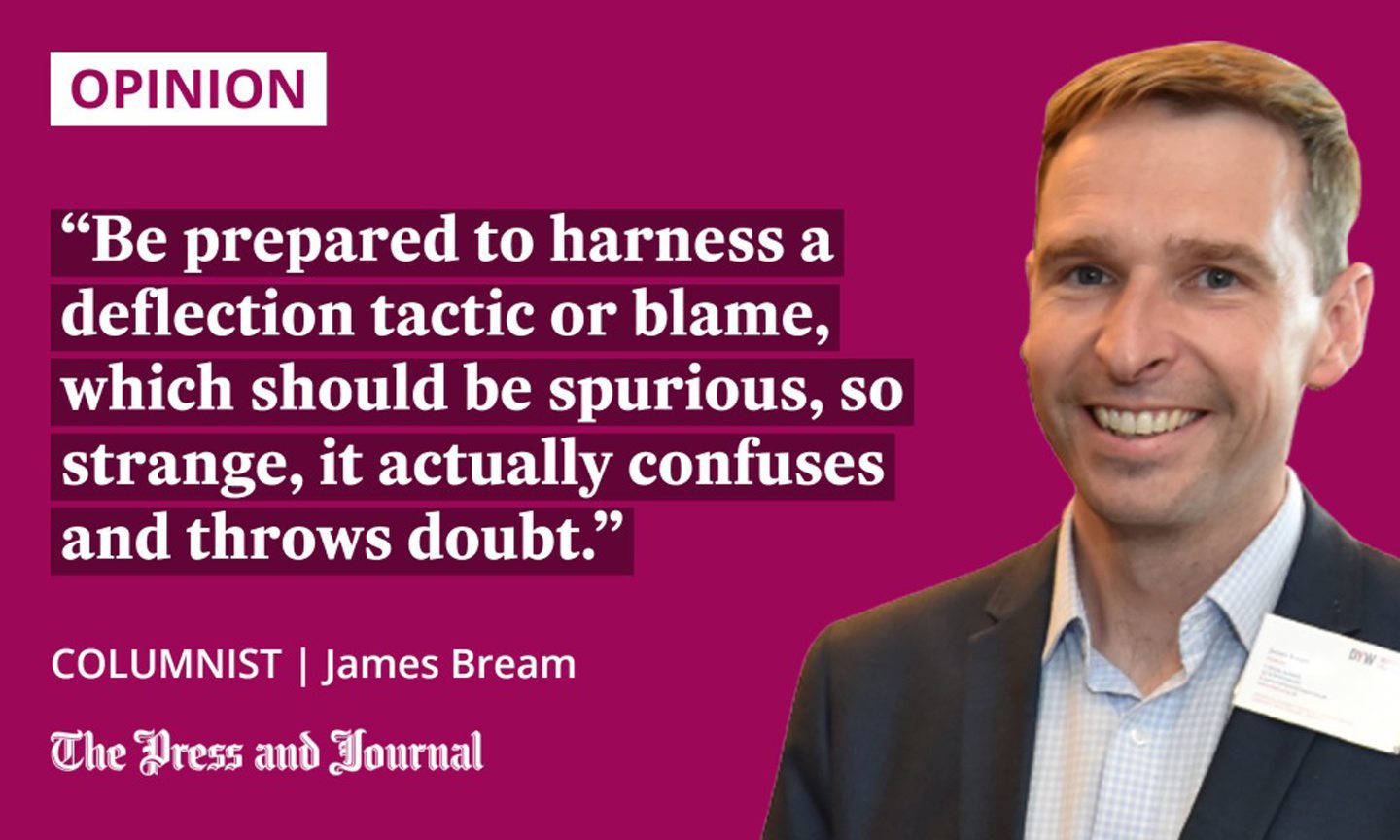You seriously need to listen to the Liz Truss local radio interviews on the BBC Sounds app.
I listened to an hour, and it was enthralling. It has given me a new lease of life, and a completely new way of tackling many different situations on a daily basis.
The podcast was amazing; hearing her comment on how capping energy bills had reduced inflation which would, in turn, make food bills cheaper – and farmers’ produce would be less costly, too.

At no point was there any note that the energy cap policy would create future inflation, just like the major tax cuts would. There was no mention of the impact of tax cuts on interest rates, no analysis on the costs of inflation created by Brexit, and little commentary on global economics.
All of that would have been useful context, maybe even helpful for the Tories to set out. However, none of that intelligence was in the script.
Every interview started with the statement that energy bills would have been £6,000, and that the decision to cap bills had lowered costs for us all. That answer was given no matter the line of questioning. I think we all know that politicians are known for just saying what they were going to say, but an hour of it really hits you.
Four steps towards an easier life
Listening to politicians, it appears we have reached a new level of bloody-mindedness, north and south of the border. Maybe we have it all wrong – maybe the politicians are right, and we are idiots.
With that in mind, I have changed my own approach, and it seems to be working.
📻 Here’s the full round of BBC local radio interviews with Liz Truss – worth an hour of anyone’s time👇 https://t.co/n3UHIdVSY7
— Tom Edwards ✍️🎙️👨💻 (@tomedwardsbbchw) September 29, 2022
The first step is to just work out what you need to get across. For example, you need to play more golf, you need more time alone, or you need more time without the kids. You simply need to get your stock answers in early and be very certain of what you need to say.
The second step is to avoid listening, but listen enough until you hear silence. This is challenging, but the silence is important, as that’s when you need to enter the conversation. It really doesn’t matter what has been said before then.
The third step is, if you choose to listen (though I suggest you don’t) make sure you listen very carefully, as you need to have an opinion that is directly countered to the point held on the other side.
If you take this route, you’d also best be prepared to harness a deflection tactic or blame, which should be spurious, so strange, it actually confuses and throws doubt. If step three fails, return to step one.
Finally, you need conviction and a way to back out. Always think of your exit. Economists are skilled at this.
You need to think about external influences that you couldn’t have known about, pretend they don’t exist, or simply be so brazen that people question themselves – again, create confusion.
How to deal with your boss
With these skills, you will be prepared for anything. Awful at your job and confronted by your boss? Remind your boss that it’s a tight labour market, you are in demand, you might leave and that, ultimately, the performance of the company sits with them.
Claim future success, or blame a new person for failure
When they counter, don’t listen, repeat again. On the third effort, make sure you speak about another team at another company and reflect deeply on their poor performance – don’t relate it to you, just talk about them.
Finally, make bold promises, but ensure you take a sideways move in a company reshuffle within a couple of months. Claim future success, or blame a new person for failure. Leave the conversation with a commentary about Chinese history, adding a final throwaway proverb, perhaps.
How to avoid blame
Missed an appointment and need to double down? I suggest only the most skilled start at step one, then move to step four. Blame anyone but yourself. I suggest opening with claims of poor communication from the third party, lack of reminders, better service levels from other companies, and get on the front foot.
Now, go to step two and ignore any response or commentary. Say what you said again – it will bamboozle them. Finally, move to step one, which is basically just saying it all again, but ensure all points are factually incorrect. It is likely your opponent will explode in anger, and so you win by default.
Our first tracker poll of public opinion on Liz Truss's personal attributes finds the public with a very negative view
Decisive: -32 net score
Strong leader: -40
Trustworthy: -52
Competent: -53
Likeable: -54https://t.co/urkcUqSkDO pic.twitter.com/6OZwx8C9HH— YouGov (@YouGov) October 11, 2022
I think I could write a book on this, as I am sure you can see that politicians have it nailed. No blame, no fault (except someone else), no repercussions for poor performance, and no acceptance of failure.
Make your life better, be an everyday politician. It doesn’t seem to do most of them much harm until five years later, at worst.
James Bream is CEO of Aberdeen-based Katoni Engineering and chair of DYW North East


Conversation